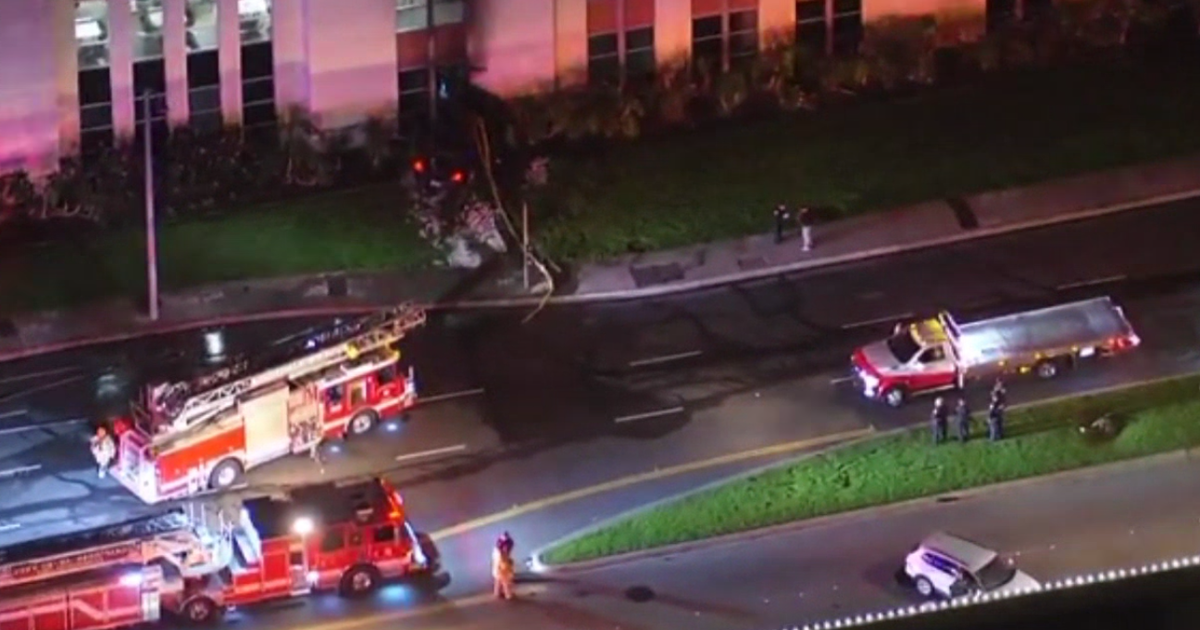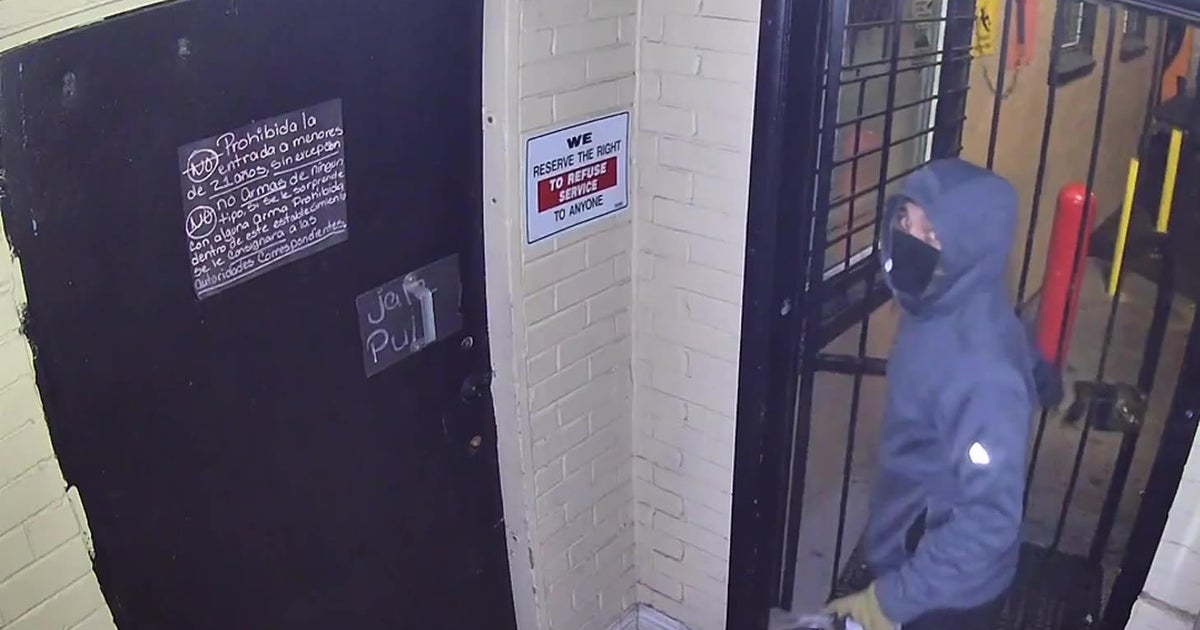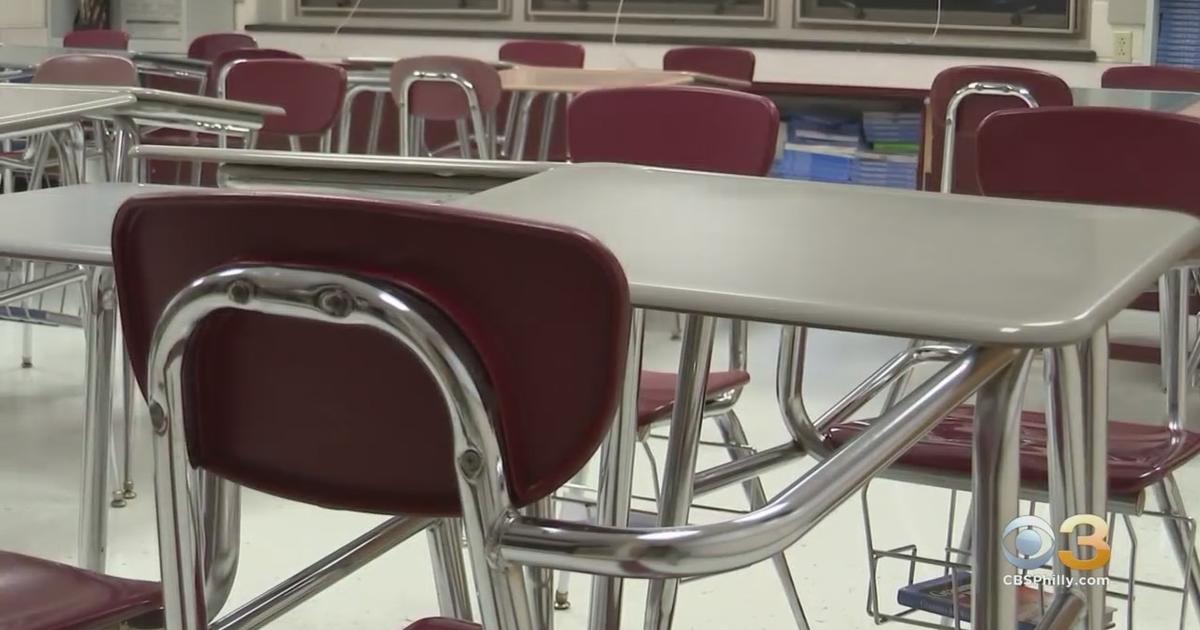(CBS News) -- In the not-too-distant future, disasters won't come one at a time. Instead, according to new research, we can expect a cascade of catastrophes, some gradual, others abrupt, all compounding as climate change takes a greater toll.
While all regions of the globe face compounding threats, the study cited California and Florida as two prime examples close to home.
"Facing these climatic changes will be like getting into a fight with Mike Tyson, Schwarzenegger, Stallone, Jackie Chan — all at the same time." That is how Camillo Mora, the lead author of the study released Monday in the journal Nature Climate Change, describes the numerous impacts that are expected to hit us in the coming years. He adds, "I think we are way above our heads."
In total, the researchers identified 467 distinct ways in which society is already being impacted by increasing climate extremes, and then laid out how these threats are likely to compound on top of each other in the decades ahead. If something isn't done to dramatically reduce greenhouse gas emissions, they say that instead of dealing with a single major hazard at a time, people worldwide could be forced to cope with three to six at once.
To reach that conclusion, the team of 23 scientists reviewed more than 3,000 scientific peer-reviewed scientific papers. They examined the impact on human health, food supplies, water, the economy, infrastructure, and security from multiple factors including rising temperatures, drought, heat waves, wildfires, precipitation, floods, powerful storms, sea level rise and changes in land cover and ocean chemistry.
The University of Hawaii at Manoa, where several of the scientists are based, called the work "one of the most comprehensive assessments yet of how humanity is being impacted by the simultaneous occurrence of multiple climate hazards strengthened by increasing greenhouse gas emissions."
While most studies focus on one or two threats from climate change, this paper aggregates the impacts and shows how the threats are not isolated, but rather compound on top of each other.
"If we only consider the most direct threats from climate change, for example heat waves or severe storms, we inevitably will be blindsided by even larger threats that, in combination, can have even broader societal impacts." says co-author Jonathan Patz, professor and director of the University of Wisconsin's Global Health Institute.
According to Mora, "The notion of these hazards happening simultaneously is not something far into the future, this is already here."
In humid areas like Florida, climate change is feeding more heat waves, heavier downpours, stronger hurricanes and sea level rise leading to more heat-related health issues, wind and water damage to infrastructure, water quality issues, increased algae blooms and economic loss from damage and decreased production.
In drier areas like California, the combination of heat, drought and wildfires threaten lives and health, water resources, food production and infrastructure. In recent years, an increase in heat and drought have helped fuel some of the largest fires in recent history.
Perhaps the most obvious health impacts of the California fires are the direct effects of breathing in tiny smoke particulates in the air. Extended exposure can cause increases in lung and heart disease as these particulates end up one's respiratory and circulatory systems.
Dr. Madeleine Thomson studies health and climate at the International Research Institute for Climate and Society at Columbia University. She says that while the direct impacts of climate change phenomena on health are obvious, the indirect effects may have even bigger implications for society.
"Take, for example, the Californian fires," says Thomson. "The health risks from smoke inhalation are widespread and could have long term impacts — but loss of homes and livelihoods could have greater impact on the health of individuals in a society where access to health care is so dependent on work-based health insurance."
It's easy to see how climate change is a compounding problem. Heat leads to drought which helps fuel bigger fires. Fires lead to disease directly through smoke inhalation but also through loss of shelter and livelihood, which leads to loss of insurance and/or inability to pay for medical care. The more this type of compounding or domino effect occurs, the greater the cumulative harm to society.
As heat-trapping greenhouse gases continue to rise, the threats will be multiplied in the decades to come. Mora and his team developed an interactive tool to map worldwide risks from a changing climate based on varying degrees of future greenhouse gas concentrations.
The research project showed that "…projected exposure to multiple climate hazards will be very similar between rich and poor countries, but variations in adaptive capacity will probably result in different types of impacts. For example, higher economic loss for developed nations and higher loss of life for developing countries."
While some of these impacts already appear unavoidable, other longer term and more extreme consequences could still be avoided if action is taken to substantially reduce greenhouse gases, scientists say.
Michael Mann is a Distinguished Professor of Atmospheric Science at Penn State University and one of the global leaders in climate change science. He was not involved in the study, but in his view, "This new research provides rigorous, quantitative support for a point we have emphasized for some time: the costs of inaction greatly outweigh the costs of taking action on climate change."
Although the worst-case scenarios in the research are alarming, Mann insists the future is still very much in our hands: "We can an still reduce future damage and suffering if we act quickly and dramatically to reduce carbon emissions."







